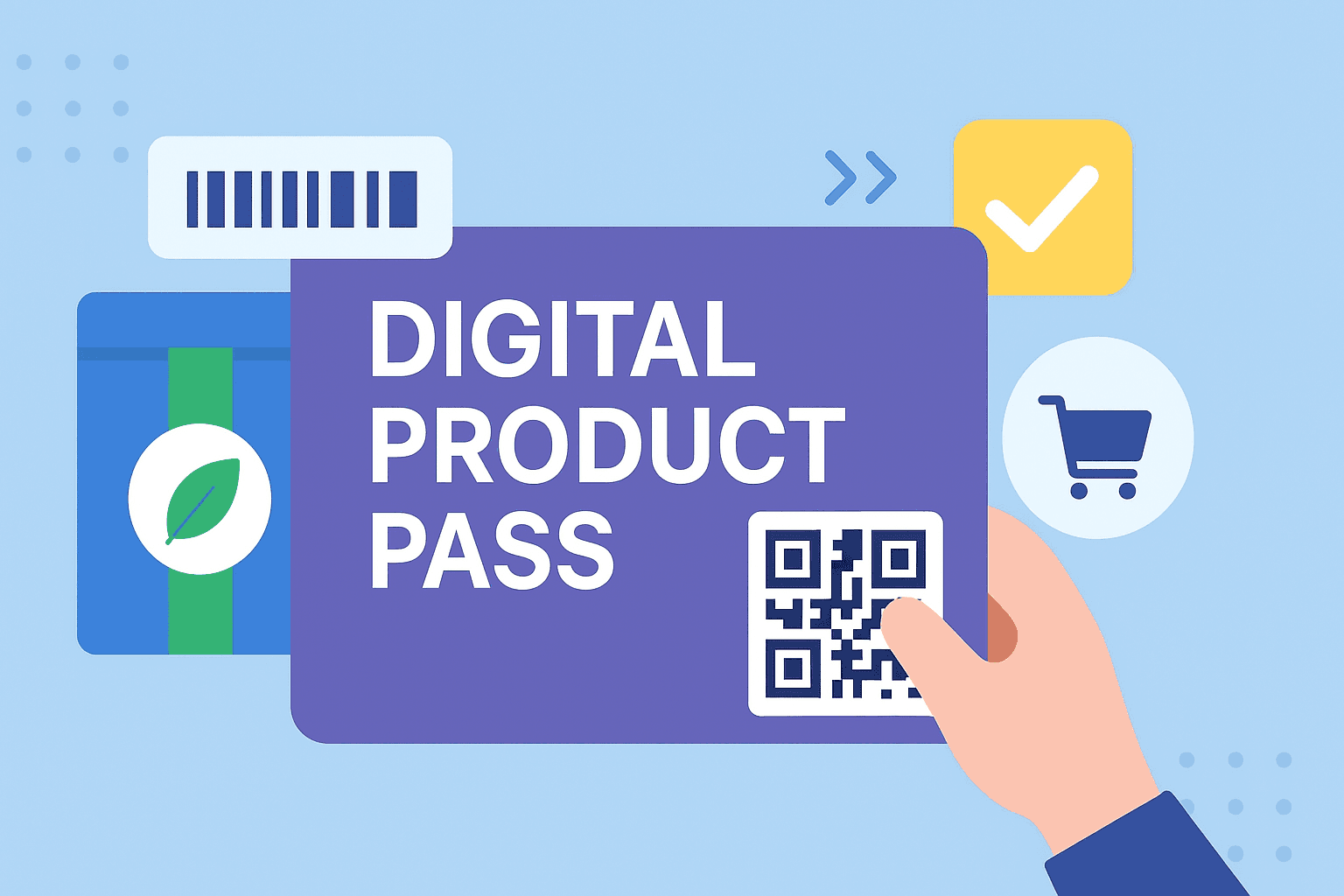Digital Product Pass: Transparency for a Sustainable Future
2025-09-30

What is the Digital Product Pass (DPP)?
The Digital Product Pass (DPP) is a new framework being introduced by the European Union as part of its Green Deal and Circular Economy Action Plan. It represents a standardized, digital record that accompanies a physical product throughout its lifecycle.
Think of it as a “digital passport” for products: a structured dataset containing details such as material composition, origin, repairability, environmental footprint, and recycling potential. Unlike traditional labels or manuals, the DPP is dynamic, accessible, and interoperable across digital platforms.
Why the DPP Matters
-
Sustainability and Circular Economy
The DPP provides key information for recycling facilities, repair shops, and manufacturers. By knowing exactly what materials a product contains and how it was made, stakeholders can reuse parts more efficiently and reduce waste. -
Transparency and Trust
Consumers increasingly demand to know where their products come from and under what conditions they were produced. The DPP enables companies to share verified data about sourcing, working conditions, and carbon footprint, helping to build trust. -
Business Innovation
Beyond compliance, the DPP opens doors for new digital services. Imagine apps that help customers find repair instructions instantly, marketplaces for certified second-hand goods, or automated recycling systems that read product data via QR codes or RFID tags.
Challenges Ahead
Implementing the DPP won’t be trivial. Companies face several challenges:
- Data Collection: Many businesses are not yet set up to capture product-level data in the required detail.
- Standardization: Ensuring that product data is consistent and interoperable across industries will require new data models and protocols.
- Integration: Legacy systems in manufacturing, logistics, and retail need to adapt to handle DPP-related information.
- Privacy and Security: Protecting sensitive supply chain data while maintaining transparency is a delicate balance.
The Road Ahead
The European Union has announced that the DPP will become mandatory for selected product groups in the coming years, starting with electronics, textiles, and batteries. Over time, it is expected to expand to more categories.
Forward-looking companies are already preparing by:
- Building digital product data platforms
- Using QR codes, NFC, or blockchain to link physical goods to their digital twins
- Collaborating with supply chain partners to ensure data interoperability
- Exploring APIs and industry-wide standards to exchange product information seamlessly
Conclusion
The Digital Product Pass is not just a regulatory obligation – it’s an opportunity. Businesses that embrace it early will gain a competitive edge, foster innovation, and strengthen customer trust.
In the long run, the DPP could redefine how we design, use, and reuse products, helping to shift our economy toward a truly sustainable and circular future.